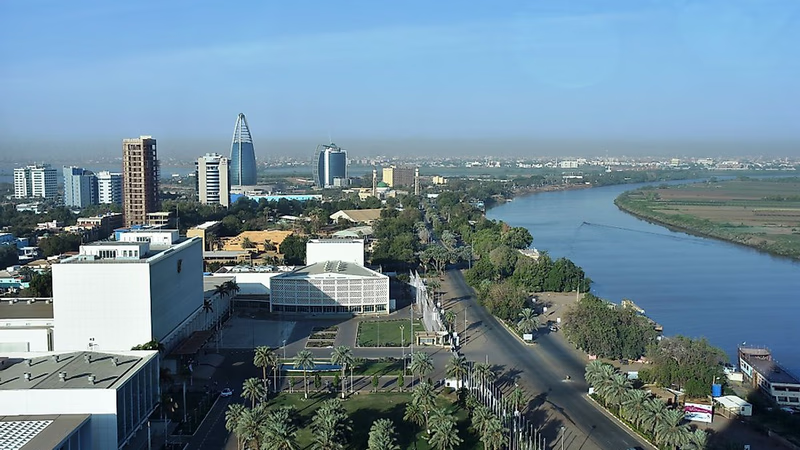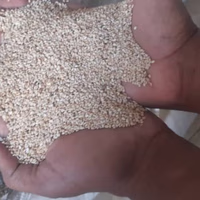
Sudan is a country located in northeastern Africa. The capital of Sudan is Khartoum. The currency of this country is the Sudanese pound and is known by the code SND. The official language of Sudan is Arabic and most of its people speak Arabic. Darfuri, Nubian, English and other local languages are also used in some areas of Sudan. Sudan is a country with a diverse economy based on natural resources, agriculture, mining, oil and several influential industries. The products that Sudanese businessmen import and export to other countries include agricultural products such as grains, petroleum products, hides and skin products, mineral products, clothing and textile products, chemical and industrial products, and other products. Oil exports also play an important role in Sudan`s economy. You can get more information about ways to contact Sudanese businessmen through the Sudanese embassy or consulate in your country. Also, visiting sites related to Sudanese companies and business organizations, consulting business and economic experts or using communication methods such as phone calls and emails can also help you get more information.
-
 Adam Ibrahim Al-Fajria Khalil 2 weeks ago
Adam Ibrahim Al-Fajria Khalil 2 weeks ago Sudan
Liquid Nitrogen
Sudan
Liquid Nitrogen
Cold Liquid NitrogenDetails
-
 سمسم القضارف 1 months ago
سمسم القضارف 1 months ago Sudan
سمسم القضارف available in Dubai
Sudan
سمسم القضارف available in Dubai
سمسم القضارف white sweetness first grade available in DubaiDetails
-
 Hussein 1 months ago
Hussein 1 months ago Sudan
The Nuts
Sudan
The Nuts
We work in the trade of high-quality Iranian nuts such as pistachios, walnuts, almonds, and hazelnuts. Ready to meet the Omani market.Details
-
 Bakri Omar 1 months ago
Bakri Omar 1 months ago Sudan
Nizak Stones
Sudan
Nizak Stones
I have a large quantity of meteor stones in Sudan. I need a specialist in this field to contact me to see how the purchasing system works.Details
In a surprising turn, Sudan"s GDP surged from $34. 2 billion in 2021 to an estimated $109. 3 billion in 2023, nearly tripling within two years. When we compare this with the global GDP average growth—moving from approximately $819 billion to nearly $884 billion over the same period—Sudan’s economic expansion is noteworthy. However, this growth is not reflected in the export sector, where Sudan"s exports of goods and services as a percentage of GDP stand at a mere 1. 1% in 2023, significantly lagging behind the global average of 32. 1%. Despite a declining trend in merchandise import value indices, from 100.
6 in 2021 to an estimated 66. 5 in 2023, the import volume has similarly dropped, decreasing from an estimated 86. 5 to 67. 9. This decline indicates a contraction in import activities, possibly due to reduced demand or economic constraints, contrasting with the global import volume trend, which remained relatively stable. On the output side, the agriculture sector"s contribution to GDP fell from 6. 36% in 2021 to an estimated 5. 47% in 2023.
This is well below the global agriculture sector average, which hovers around 11. 3%. The underperformance of this sector could signal a shift in economic focus or underline challenges in agricultural productivity. For businesses eyeing opportunities, Sudan"s unique economic trajectory presents both challenges and openings. The disparity between its GDP growth and trade volume suggests untapped potential in sectors such as technology and infrastructure. Sudanese entrepreneurs active in Western Asia may find lucrative opportunities by bridging these gaps, particularly within the scope of regional trade and supply chain solutions. In this context, platforms like Aritral. com provide a strategic advantage.
As an AI-driven B2B platform, Aritral simplifies international trade in commodities, offering services like product listing and AI-powered marketing. Entrepreneurs can benefit from creating business profiles to enhance visibility and engage more effectively with potential trade partners.




